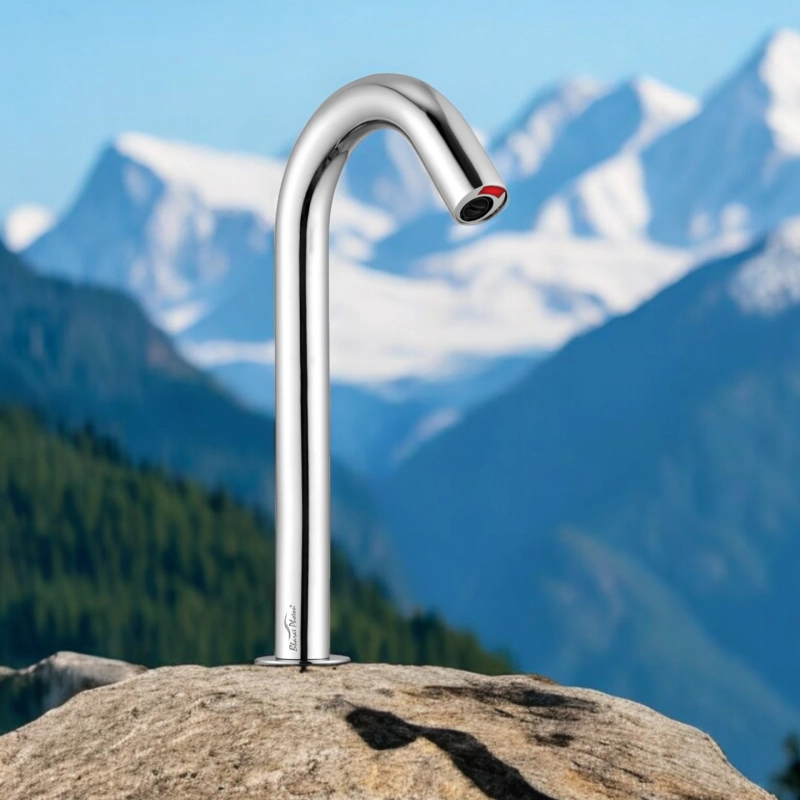Introduction
In modern washrooms and kitchens, hygiene and water conservation are critical concerns. Smart sensor taps address these issues by providing touchless operation, which reduces the risk of contamination and optimises water usage. This article explores Sensor Tap benefits, features, and implementation in various environments.
Benefits of Sensor Taps
- Hygiene Improvement:
- Touchless Operation: Reduces the spread of germs and bacteria by eliminating the need to touch the tap.
- Automatic Shutoff: Prevents water from running when not in use, reducing the risk of water contamination.
- Water Conservation:
- Controlled Flow: Ensures water is only used when needed, minimising wastage.
- Leak Detection: Advanced models can detect leaks and alert users, preventing water loss.
- Convenience and Accessibility:
- Ease of Use: Ideal for individuals with limited mobility or dexterity issues.
- Consistent Water Temperature: Some models allow preset temperatures, ensuring a comfortable experience every time.
Features of Modern Sensor Taps
- Infrared Sensors: Detect the presence of hands or objects, activating the water flow.
- Adjustable Settings: Allow users to control water temperature, flow rate, and sensor sensitivity.
- Battery or Mains Powered: Options for different installation environments, with battery models providing flexibility and mains-powered models offering continuous operation.
- Durability: Made with high-quality materials to withstand frequent use in public and private settings.
Implementation in Various Settings
- Public Washrooms:
- High Traffic Areas: Sensor taps are ideal for places with high foot traffic, such as airports, malls, and schools.
- Reduced Maintenance: Fewer touchpoints mean less frequent cleaning and lower maintenance costs.
- Commercial Kitchens:
- Food Safety: Reduces the risk of cross-contamination between raw and cooked foods.
- Efficient Workflow: Chefs can wash hands quickly without turning knobs or handles.
- Residential Bathrooms and Kitchens:
- Enhanced Hygiene: Beneficial for families, particularly those with young children.
- Water Savings: Helps reduce household water bills by preventing unnecessary water usage.
Conclusion
Smart Sensor Tap are an efficient and hygienic solution for modern washrooms and kitchens. By combining advanced technology with practical benefits, they offer a significant upgrade over traditional taps, promoting better hygiene, water conservation, and user convenience.


